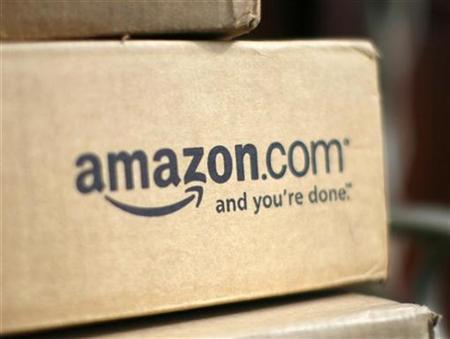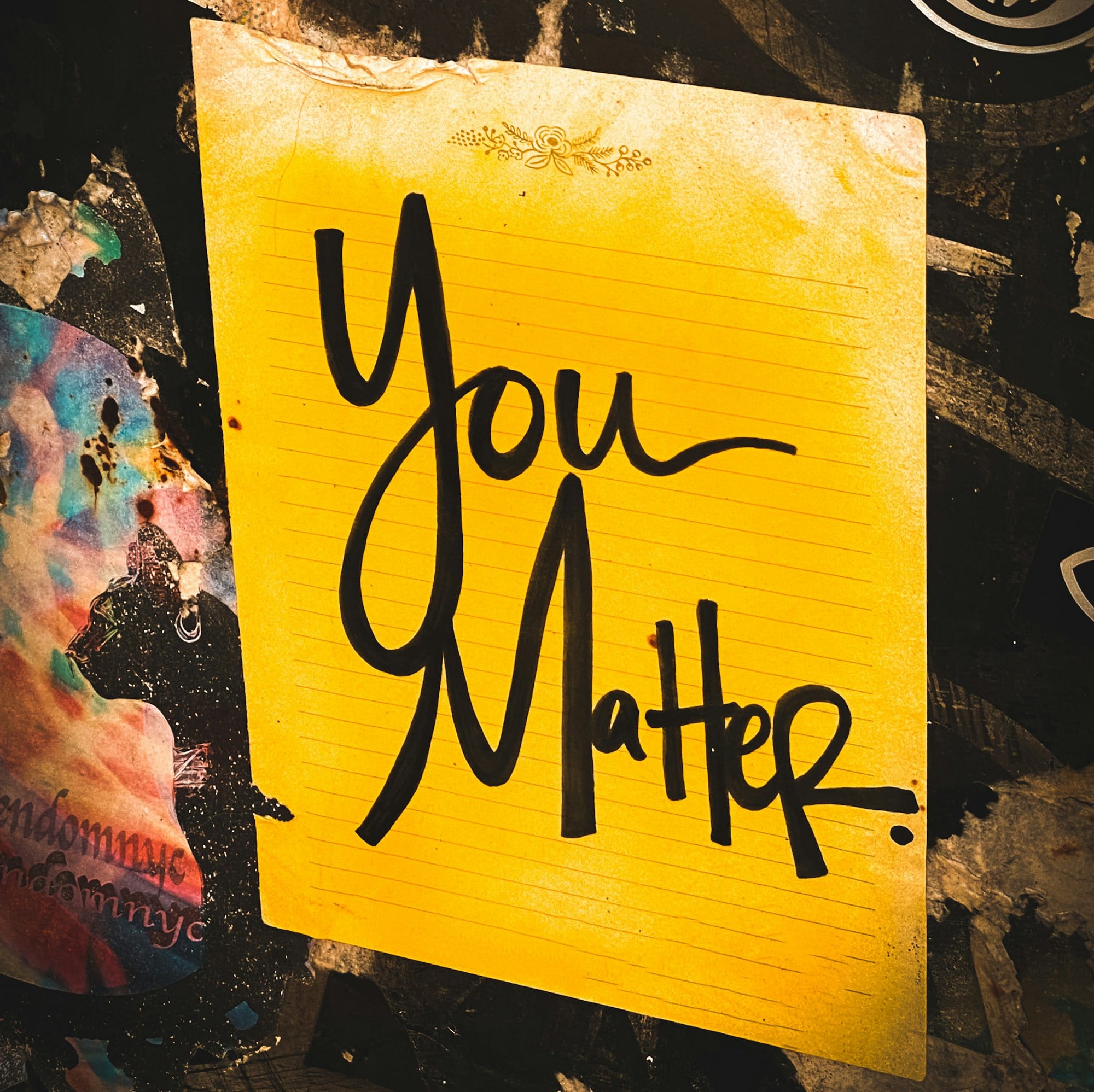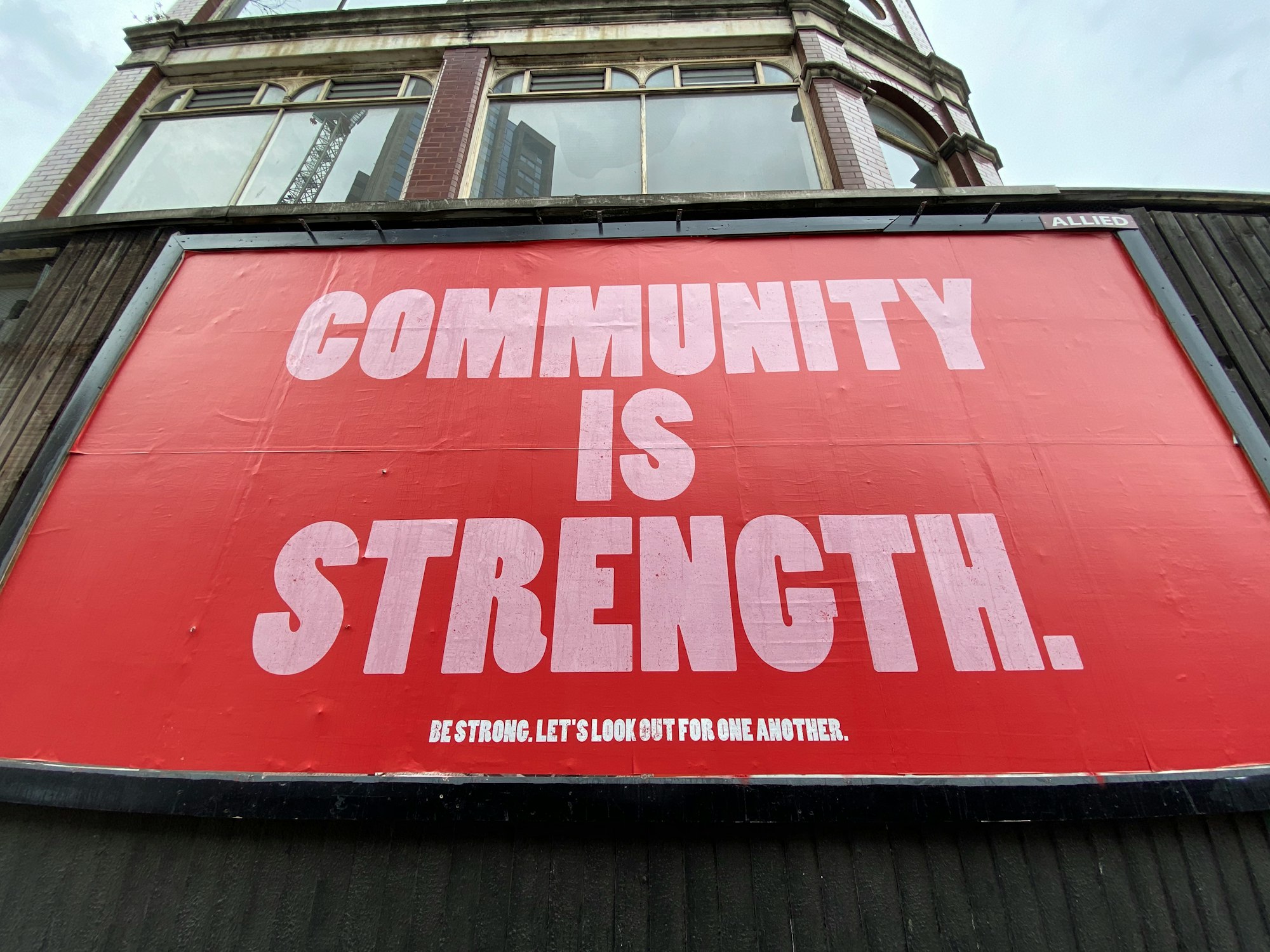
- What's good about something successful is always what's bad about it, too. That usually goes for relationships, military history, and, especially, workplaces. That audacious military commander/dictator (Napoleon, Hitler) who has the maniacal self-assurance to attack five countries larger than his? He overreaches and gets his country destroyed. So we consumers got tired about companies that didn't care about customer service, and we got exactly what we asked for.
- People in this country are supposed to work hard ... If we want to do something about the American style of overwork, we have to really do something about it. And that might mean profound changes to society, starting with coming out and saying that all the futuristical projections of the easy life of leisure we'd all be living in the 21st century were … well, not exactly wrong, but certainly misplaced.
- ... except that they're also supposed to play hard/spend time with family.
And, as usual, it's going to affect women more. - Journalistic exposés always start with a set idea. Because stories don't get pitched, "hey let's spend six months writing about Amazon and see what we find out." Of course people interviewed for the story are going to say that they were misrepresented. I don't doubt that the reporters wanted to be fair and would have asked more tough questions if they could have. But brains usually aren't fair.
- Amazon is going to have a lot of internal defenders. And it's not just Stockholm Syndrome. . If everyone hated working at their organization, there wouldn't be any companies left. Some defenses are just going to be more … vigorous … than others. And some much more vigorous. And some much, much more vigorous.
- This need to work hard is going to get worse before it gets better. Unless this country gets a radical Puritan-work-ethic-ectomy, success will be defined by hard work. And anyone who tells us otherwise has a serious case of the Bernie Sanders, or runs a moneymaking lifehacking cult. It's why "Europe" is usually an insult during a presidential campaign.
- Amazon's entire workplace doesn't have to be a nightmare for the story to be true. Chances are there are bad bosses and HR disasters at Amazon, just like there are at every company. Despite the best dreams of Zappos, most companies will have silos, and silos can have their own culture.
- Amazon-hating goes deeper than just concerns about the workplace. People writing these articles are more likely to be in the NYT-New Yorker-NPR axis of culture, who have a decidedly ambiguous relationship with Seattle. And I'm not even including Jonathan Franzen. Even those who don't hate Amazon will never stop writing stories about it.
- Your workplace is only going to get more systemic, not less. Despite the above Zappos holocracy thing and lip service to the free-flowing creative-idea-utopia of the working future, that future is going to be more about automation, intelligent software agents, and systems than ever before—and that's a positive take on things.
- Never forget that this is so much worse for blue-collar workers. It's not quite #firstworldproblems but it's getting there.
Extra: And the story keeps going, with an Amazon rebuttal on Medium, a response by NYT executive editor Dean Baquet, and so on.






